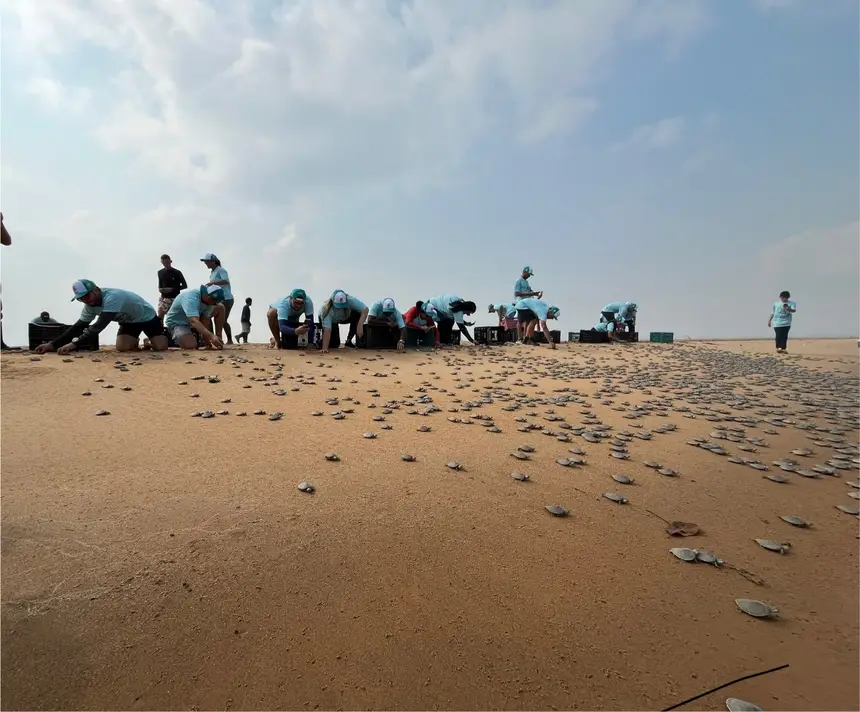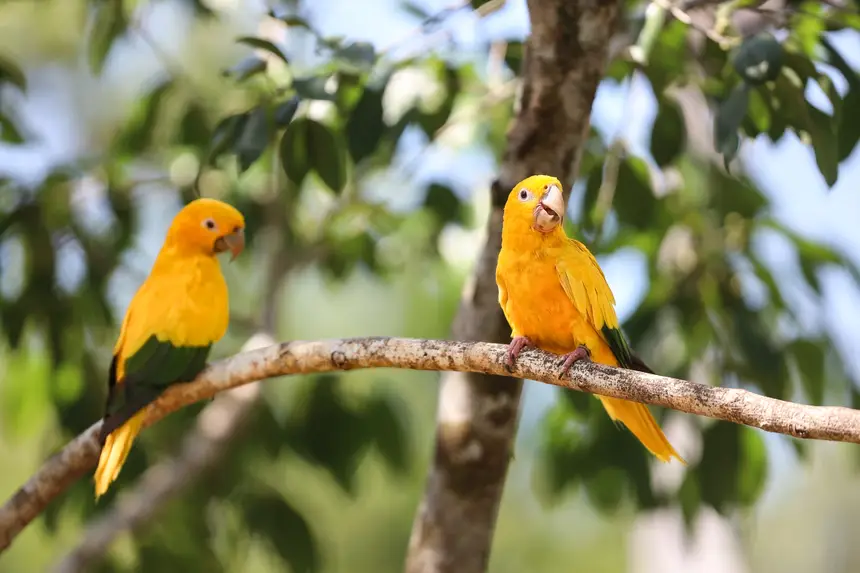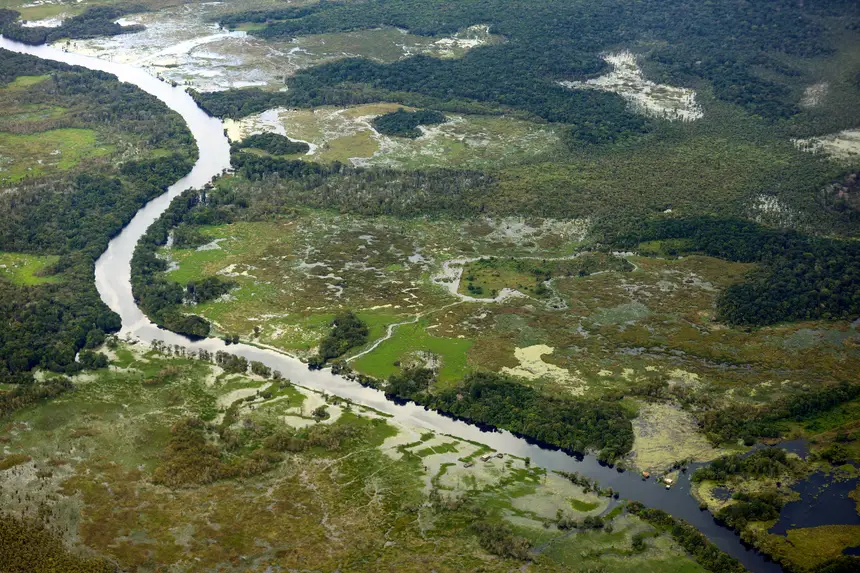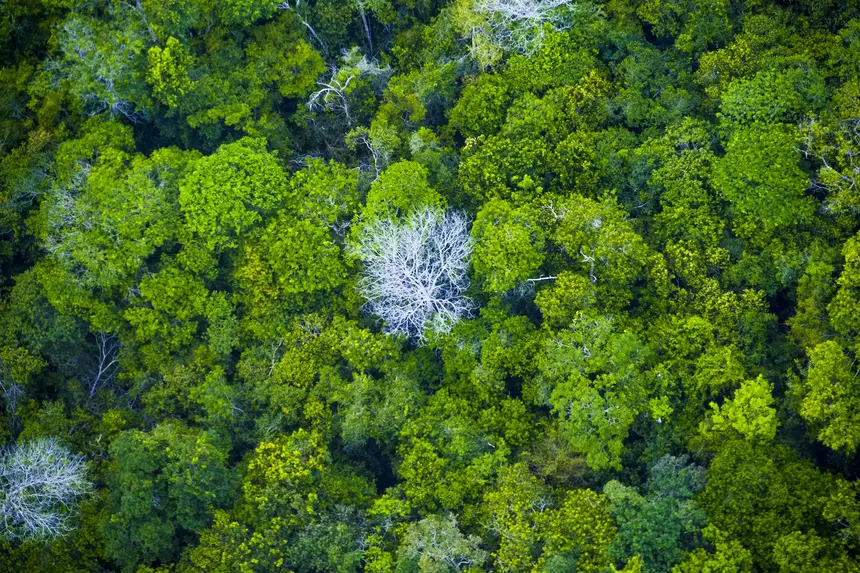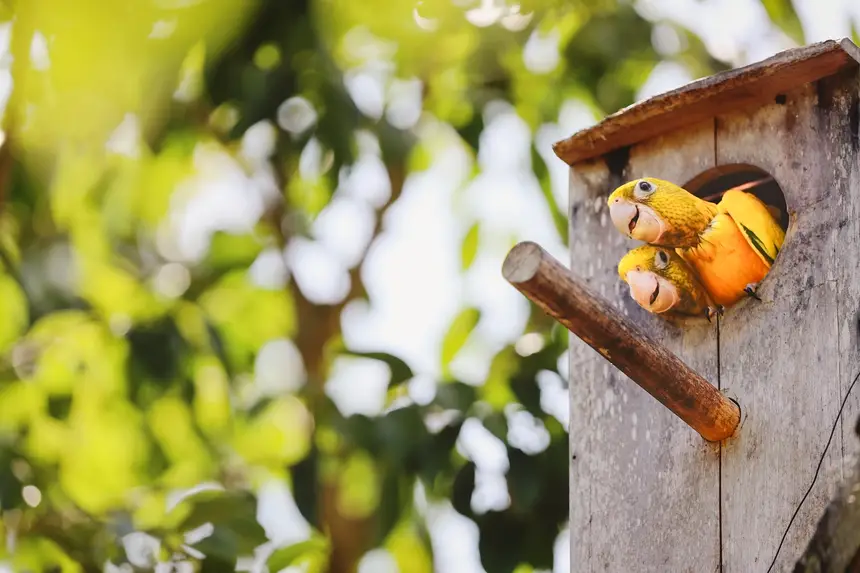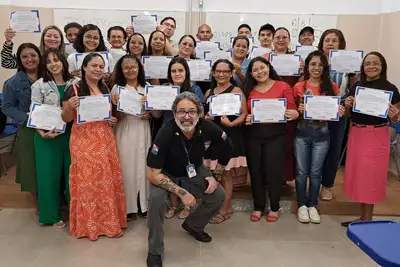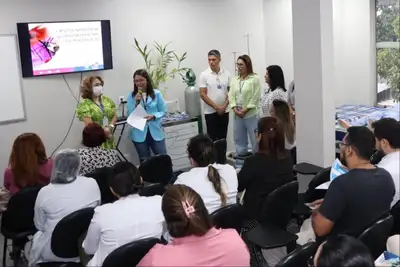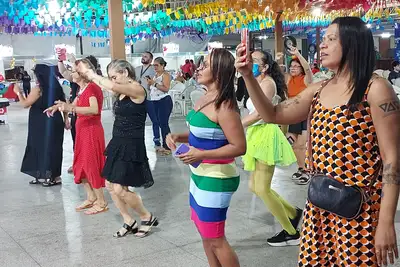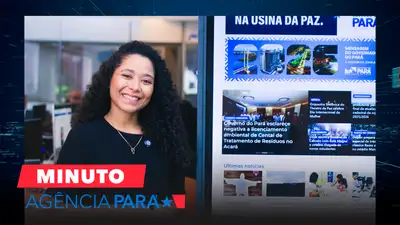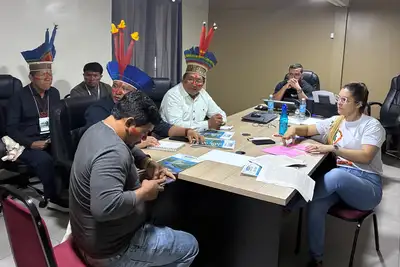Forest Zone: Ideflor-Bio promotes debates on climate, bioeconomy, and valuing nature during COP30
The event will be a strategic space for political and technical articulation, aimed at exchanging experiences, launching initiatives, and strengthening networks that drive the implementation of national and international climate commitments.
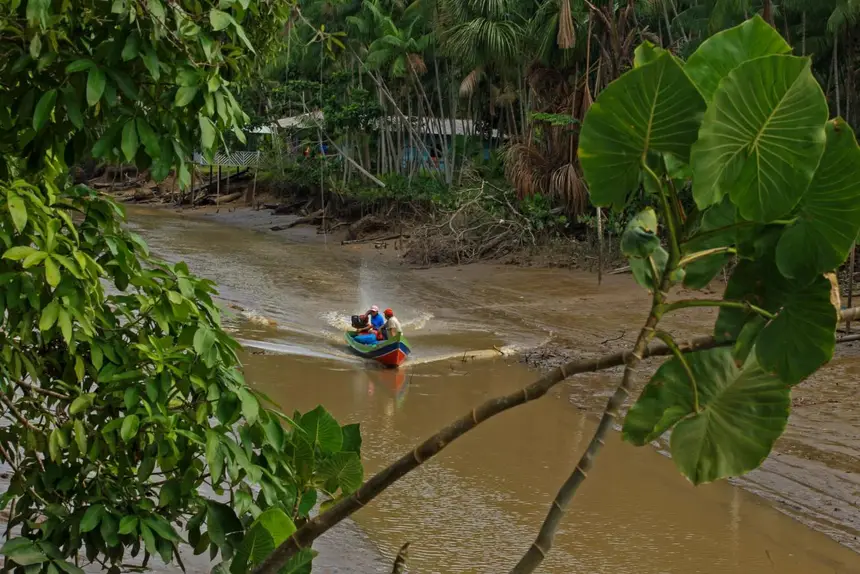
On November 11, 12, and 13, the Institute of Forest Development and Biodiversity (Ideflor-Bio) will hold the Forest Zone event in Belém, one of the parallel programs to the United Nations Conference on Climate Change, COP30. The meeting will take place at the agency's auditorium from 9 AM to 5 PM, bringing together researchers, technicians, public managers, and representatives of civil society to discuss innovative and sustainable solutions for the Amazon.
The program has been structured around three thematic axes — Climate Governance and Territorial Management; Bioeconomy and Sustainable Development; and Education, Communication, and Valuing Nature — which will guide panels, technical presentations, and collaborative tables throughout the three days. The event will be a strategic space for political and technical articulation, aimed at exchanging experiences, launching initiatives, and strengthening networks that drive the implementation of national and international climate commitments.
Program - On the first day, the focus will be on Climate Governance and Territorial Management, highlighting the strategic role of the State in mitigating and adapting to climate change. Topics such as Environmental Protection Quotas (CPA), challenges of REDD+ in public forests of collective ownership, and technical studies aimed at creating new conservation units will be addressed. The day will conclude with a debate on priority actions for environmental governance.
The second day will be dedicated to Bioeconomy and Sustainable Development, highlighting practices and solutions for community forest management, recovery of degraded areas, and promotion of sustainable production chains. Community-based tourism, ecotourism, and innovative projects, such as the use of sustainable filters by the NGO Água é Vida, will also be discussed. The closing will feature the table “Bioeconomy and Forest Communities,” which will bring together experiences from different regions of Pará.
On the third day, the axis Education, Communication, and Valuing Nature will promote reflections on the role of environmental education, science, and public communication in the conservation of the Amazon. The program will include panels on combating environmental misinformation, managing urban units such as the Utinga State Park, and social engagement in biodiversity protection. The general closing will gather participants and present a synthesis of the discussions and results of the event.
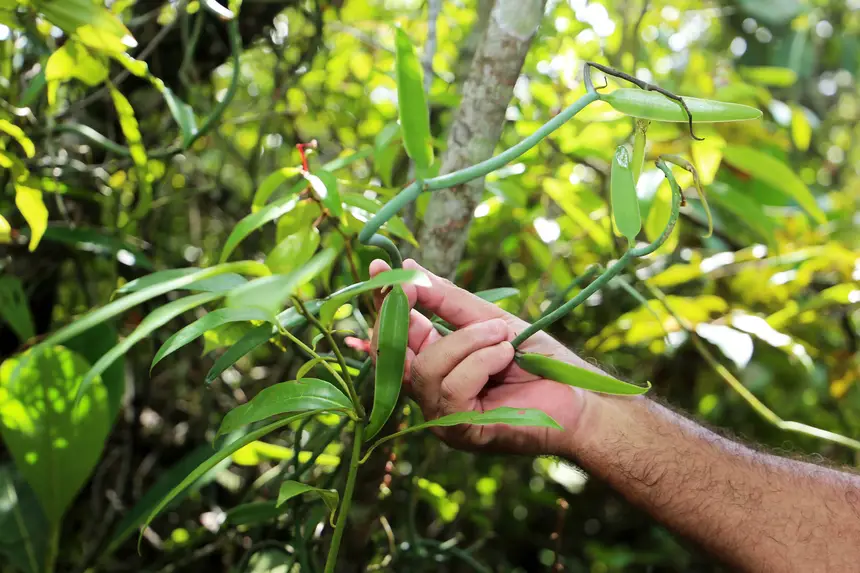
Protagonism - According to the president of Ideflor-Bio, Nilson Pinto, the Forest Zone reinforces Pará's protagonism in the environmental agenda of COP30 and highlights the importance of integrating science, public policies, and communities in building concrete solutions for the climate. “The Forest Zone will be a space for connecting knowledge and practices that have already been transforming the Amazonian reality. It is Pará showing the world that development and conservation can walk together,” he stated.
The president also emphasizes that with a plural and integrative program, the Forest Zone reaffirms the commitment of the Government of Pará and Ideflor-Bio to building a more sustainable future, where forest conservation, biodiversity valuation, and socio-environmental development walk side by side in facing the global climate crisis.
For the manager of the Araguaia Administrative Region of Ideflor-Bio, Laís Mercedes, who will participate as a speaker in one of the panels, the event represents a unique opportunity to value technical knowledge and the protagonism of local communities, in her case, from Serra das Andorinhas, in southeastern Pará. “The experiences demonstrate that sustainability arises from the territory. The Forest Zone will highlight how the actions of the State, combined with the strength of traditional populations, contribute to facing climate challenges with innovation and inclusion,” she highlighted.



